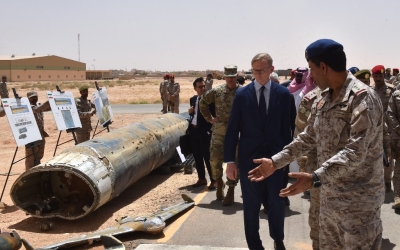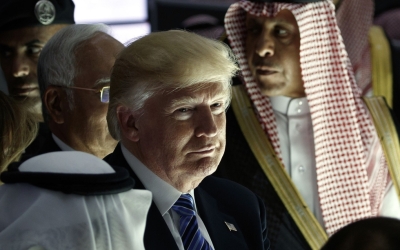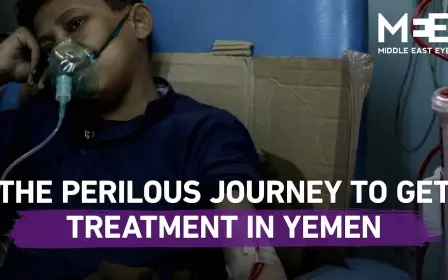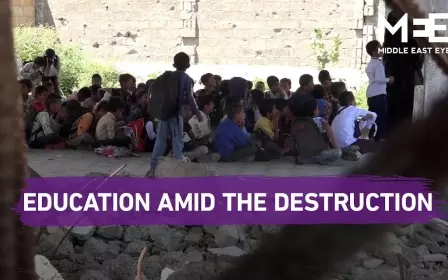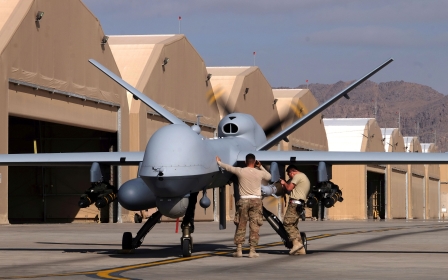Riyadh to sign ceasefire with Yemen's Houthis 'if they agree on buffer zone'
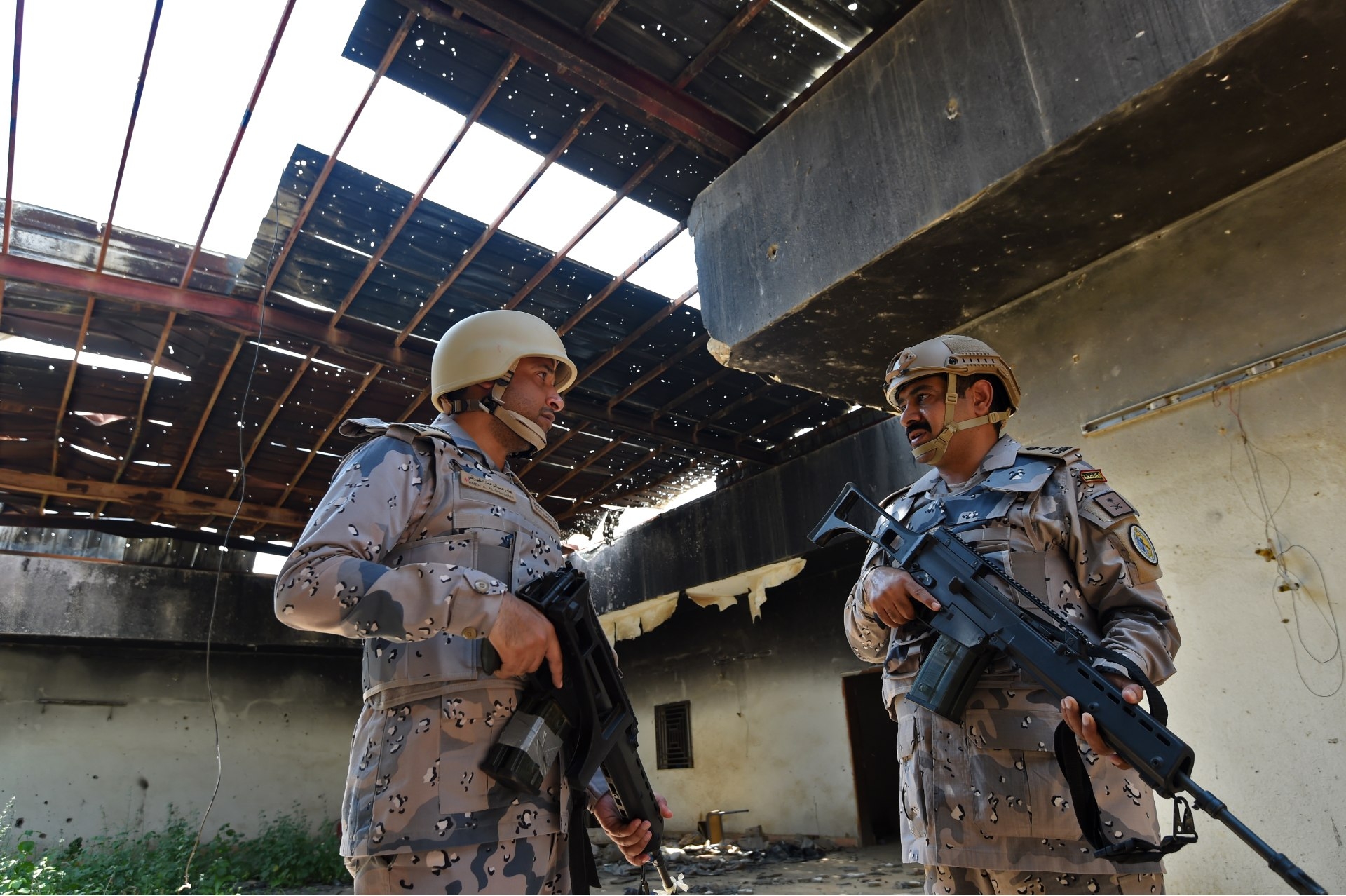
Saudi Arabia has reportedly told Yemen’s Houthi movement that it would sign a United Nations-sponsored ceasefire deal if the group agreed to a buffer zone along the kingdom's border.
According to three informed sources cited by Reuters on Tuesday, the two parties have recently held virtual discussions with a higher level of representation, including Mohammed Abdulsalam, the Houthis' chief negotiator, and a more senior Saudi official.
Riyadh has been engaged in indirect talks with the group since last year, but the talks have stalled over the past two months with the escalation of fighting in the oil-rich region of Marib, where the Houthis have launched an offensive to drive out Saudi-backed forces loyal to President Abd Rabbuh Mansour Hadi.
Hadi's government was ousted from the capital, Sanaa, by the Houthis in late 2014, prompting a Saudi-led coalition, which also includes the United Arab Emirates, to intervene.
In the latest talks, Riyadh has demanded more security assurances from the Houthis, including a buffer zone along its border with northern Yemen until a UN-backed transitional government is formed, the sources said.
Riyadh wants the Iran-aligned Houthis, who control northern Yemen and its biggest populated areas, to leave a corridor along the Saudi border to prevent incursions and artillery fire.
In exchange, the kingdom would ease an air and sea blockade as part of the UN proposal for a ceasefire, which already includes an end to cross-border attacks.
If a deal is struck, it would mark the biggest breakthrough in efforts to reach a political settlement since the beginning of the conflict - widely seen as a proxy war between arch-enemies Saudi Arabia and Iran.
US President-elect Joe Biden pledged in his election campaign to halt arms sales to Saudi Arabia, the Middle East's biggest buyer of American weapons, to pressure Riyadh to end the devastating war.
US lawmakers have repeatedly passed bipartisan legislation seeking to end US support for the Saudi-led coalition, but President Donald Trump has refused to allow it. In 2019, Trump vetoed a bill to block his administration's "emergency" $8bn arms sale to the coalition.
US to ‘designate Houthis as terrorist group’
The Trump administration is reportedly planning to designate the Houthis as a terrorist organisation before leaving office in January, triggering fears that the move would spoil UN efforts to broker an end to the conflict.
According to a report by Foreign Policy magazine on Monday, the UN and international aid agencies have attempted to dissuade Washington from such a move.
Meanwhile, sources told Reuters on Tuesday that the Houthis may be less willing to cooperate with Saudi Arabia if Trump carries out those threats before leaving office.
Washington and Riyadh see the Yemeni group as an extension of Iranian influence in the region. Riyadh has already labelled Houthis as a terrorist group.
The discreet talks between the kingdom and the Houthis have dragged on for more than a year, in parallel with UN envoy Martin Griffiths' efforts to reach an agreement on a ceasefire.
The UN is working to secure a face-to-face meeting before the end of the year, as well as an agreement on a joint declaration that would halt all air, ground and naval hostilities, two of the sources said.
Europe would be a logical venue for them to meet, one of the sources said, as the UN seeks neutral grounds for the talks. Griffiths' office declined to comment to Reuters.
The conflict in Yemen has killed tens of thousands of people, mostly civilians, and displaced millions displaced in what the UN has called the world's worst humanitarian disaster.
Recently, the conflict has begun to shift more towards an escalating economic siege that has further deepened the suffering of many Yemenis.
Last month, a UN report warned that the drivers of malnutrition in Yemen had intensified this year, as the coronavirus pandemic, economic decline, floods, escalating conflict and significant underfunding of aid have compounded the already bleak situation.
Middle East Eye delivers independent and unrivalled coverage and analysis of the Middle East, North Africa and beyond. To learn more about republishing this content and the associated fees, please fill out this form. More about MEE can be found here.


